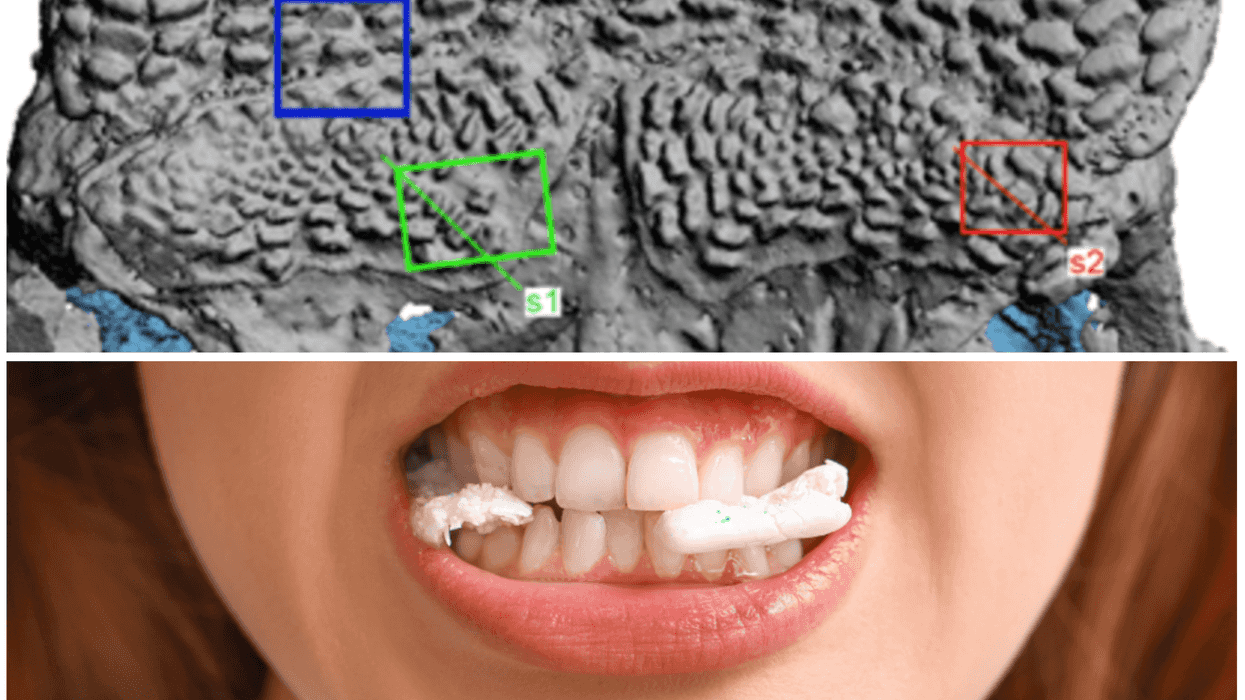A new University of Michigan experiment published in Cognition & Emotion is showing that sometimes labels do matter. They have found that people who are experiencing solitude are less lonely when they refer to it as “me-time” rather than “isolation.” They have found that just labeling it as “me-time” improves the person’s perceptions and boosts positive feelings, regardless of where the lonely period is taking place or any activity being done.
In two separate studies, Micaela Rodriguez and Scott W. Campbell examined how “me-time,” “isolation,” and other terms used to describe time alone impacted a person’s emotions, behavior, and perception during their solo experiences. The first study had 500 U.S. adults assigned to one of five labels to describe alone time: me-time, time alone, solitude, being alone, or isolation. Each person’s rating on their assigned term was based on several aspects, including how positive or negative the term itself felt, the perception of that term’s impact on a person’s well-being, and whether the participant would actively seek out or avoid that type of alone time. The participants were also encouraged to share their experiences associated with the term they were assigned. The results revealed significant differences among the terms, with “isolation” being the less desirable and “me-time” being the most sought after, given that the latter time is implied and associated with other terms such as “self-care” and “relaxation” while “isolation” leaned more towards social exclusion.

The second study had 145 undergrad students complete a survey measuring their baseline beliefs about alone time and its association with self-esteem, loneliness, and social support. They were then randomly placed into a 30-minute period of solitude framed either as “me-tme” or “isolation.” These sessions were in a self-selected location in which the participants weren’t allowed to use their phones or the internet, but could do non-social activities such as writing, reading, or drawing. After their solo session was completed, they rated their emotions and the experience, while describing the thoughts they had during their experience alone. They then reassessed the beliefs they had about alone time prior to the session. The results found that the participants who were told to have “me-time” had more positive feedback than the people who were told to have 30 minutes of “isolation,” even though there was no difference between the two in the study other than linguistics. Many of the “me-time” participants did the same activities during their alone time as the “isolated” participants, but there was still a difference in how they perceived their sessions.
So what does this mean? Many folks who spend a lot of time on their own might be wondering if it’s healthy for them, especially those who enjoy it. Knowing that the right labeling of their alone time could impact their outlook on it, but at the same time there are studies out there showing that living alone and lack of social interaction increases the risk of depression and dementia in adults. So positive or negative labeling aside, what is healthy “me-time” and unhealthy “isolation”?

Well, it kind of depends on the purpose of your alone time. There are benefits to it, such as taking moments of self-reflection and letting your brain defragment/decompress. “Healthy” alone time can include working out, reading, doing something creative like painting or sculpting, or spiritual practices like meditation or prayer.
In terms of “unhealthy” alone time, well, that depends. It’s not the same amount for everyone given the different reasons for alone time and a person’s personality. However, a general metric is that folks that spend over 75% of their time alone tend to be experiencing loneliness rather than enjoying or working in solitude. If you turn down an invitation from friends, ask yourself why. If its due to a lack of confidence or a negative self image, that’s different than turning it down because you’re “peopled out.” If you are experiencing heavy periods of alone time and find yourself spending it in bed, thinking negatively about it, or experiencing negative self-talk during it, just labeling it as “me-time” probably won’t remove those issues.

If you are indeed experiencing loneliness, you may want to reach out to friends and family to shake things up in your routine by scheduling a lunch or doing a needed errand together. If that doesn’t feel possible, many people consult a therapist or counselor that can help create a plan to reduce loneliness or find its root source. In short, it may be helpful to reflect upon what you’re experiencing when you’re by yourself to see if it's beneficial for you.
Whatever the case, the fact is that when it comes to feeling alone, you’re not alone.






















 What foods would you pick without diet culture telling you what to do?
What foods would you pick without diet culture telling you what to do?  Flexibility can help you adapt to – and enjoy – different food situations.
Flexibility can help you adapt to – and enjoy – different food situations.
 Anxious young woman in the rain.Photo credit
Anxious young woman in the rain.Photo credit  Woman takes notes.Photo credit
Woman takes notes.Photo credit 
 Revenge can feel easier than forgiveness, which often brings sadness or anxiety.
Revenge can feel easier than forgiveness, which often brings sadness or anxiety. 
 In the past two years, two malaria vaccines have become available for babies starting at 5 months of age.
In the past two years, two malaria vaccines have become available for babies starting at 5 months of age. By exploiting vulnerabilities in the malaria parasite’s defense system, researchers hope to develop a treatment that blocks the parasite from entering cells.
By exploiting vulnerabilities in the malaria parasite’s defense system, researchers hope to develop a treatment that blocks the parasite from entering cells. Created with
Created with